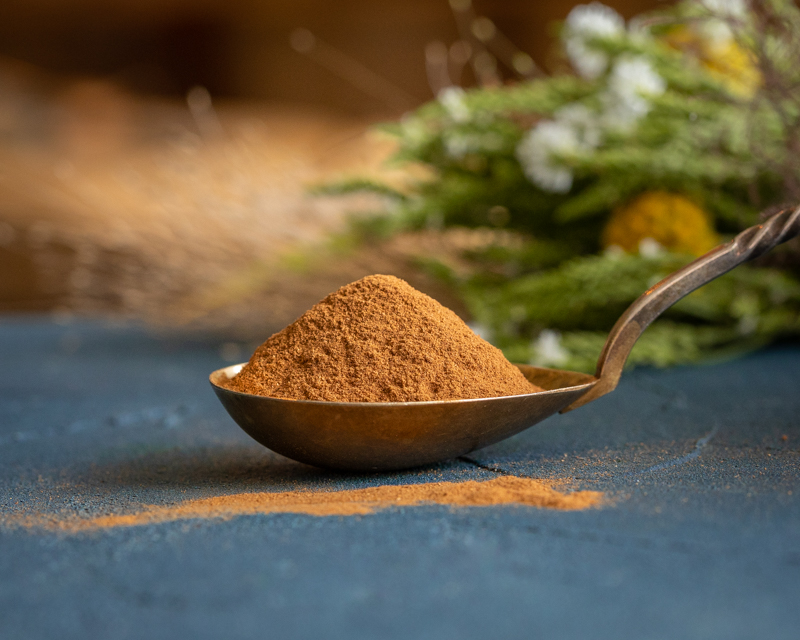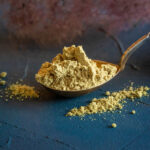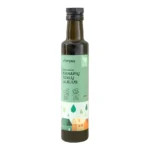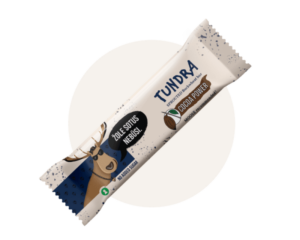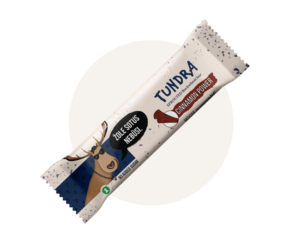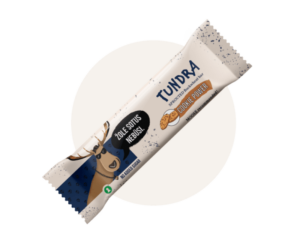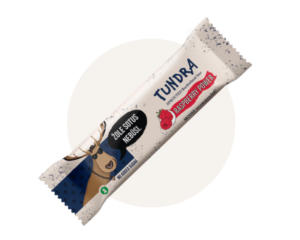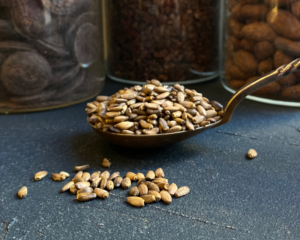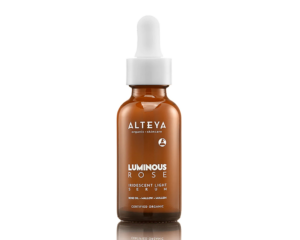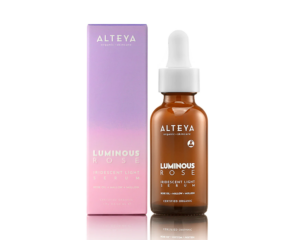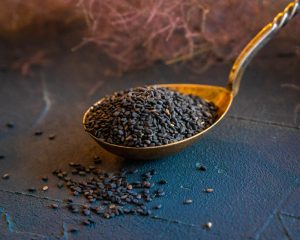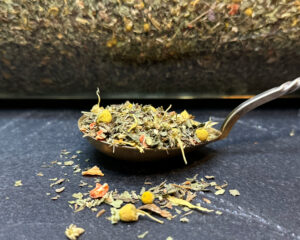Ground Ceylon organic cinnamon
From 1.98€
Ground Ceylon ground cinnamon
Since ancient times, cinnamon has been valued not only in culinary traditions but also in natural medicine practices around the world. There are two main types of cinnamon, each with its own unique properties and potential health effects: Ceylon cinnamon (Cinnamomum verum / Cinnamomum zeylanicum) and Cassia cinnamon (Cinnamomum cassia).
We will look at the properties and side effects of both varieties and take a closer look at the properties and health benefits of Ceylon cinnamon.
Ceylon cinnamon, also known as “true cinnamon”, is native to Sri Lanka and India. It is known for its smooth, slightly sweet taste and aroma.
Ceylon cinnamon contains less coumarin (a flavouring that accumulates in the cinnamon plant), which can be harmful to the liver if consumed in large quantities. This is why Ceylon cinnamon, with its higher coumarin content, is preferred to Cassia cinnamon.
In Ayurveda and Traditional Chinese Medicine (TCM), Ceylon cinnamon is highly valued for its healing properties. It is thought to support the digestive system, promote respiratory health and help balance blood sugar levels.
Cassia cinnamon, commonly sold in supermarkets, comes from China, Indonesia and other countries in Southeast Asia. It has a stronger, sharper flavour and aroma compared to Ceylon cinnamon.
Cassia cinnamon has a higher coumarin content, which can cause health problems if consumed in high doses over a long period of time. People with liver disease or taking blood thinners should use it with caution.
Due to its higher coumarin content, Traditional Chinese Medicine (TCM) practitioners recommend its moderate use.
Attention! Allergic reactions: although rare, some people may have allergic reactions to cinnamon, regardless of the type of cinnamon. Pregnant and breastfeeding women, or those taking medication, should consult a healthcare professional before significantly increasing their intake of cinnamon.
Uses of Ceylon cinnamon:
Pastries: Ceylon cinnamon is an excellent addition to pastries. Use it in cakes, biscuits, muffins and pastries, the cinnamon adds a delicate and aromatic flavour.
Puddings/morning flakes: sprinkle a pinch of Ceylon cinnamon on your morning porridge or flakes to make your day cosy and delicious.
Smoothies: mix Ceylon Cinnamon into your favourite cocktail recipes to add a warm and inviting flavour.
Hot beverages: add a pinch of Ceylon cinnamon to hot beverages such as coffee, tea, hot chocolate or chai masala.
Stews: Ceylon cinnamon adds a subtle flavour to savoury dishes such as curries, stews and sauces.
Rice dishes: sprinkle Ceylon cinnamon on rice dishes such as biryani or pilaf to improve the flavour.
Fruit salad: mix Ceylon cinnamon with fresh fruit such as apples, pears or mangoes to create a refreshing and aromatic fruit salad.
Desserts: use Ceylon cinnamon in a variety of desserts, including ice creams, puddings and fruit crisps.
In conclusion, Ceylon cinnamon is a great spice that not only adds flavour to dishes, but can also be beneficial to health. Incorporating Ceylon cinnamon into your culinary creations can be a great way to not only enjoy its unique taste and aroma, but also to support your well-being. Enjoy the warm and aromatic mood that Ceylon cinnamon brings to the kitchen.
Cinnamon tea recipe – www.alphafoodie.com
Ingredients:
2 medium cinnamon sticks or 3 teaspoons cinnamon powder, use Ceylon cinnamon if possible
6 cups of water
1/2-1 tablespoon black tea leaves (about 5 g)
1 teaspoon maple syrup or other suitable sweetener (optional)
Pour the water into a pot or teapot and add the cinnamon sticks or cinnamon powder, bring to the boil. Once boiling, reduce the heat and simmer for 10 minutes.
Remove the pot from the heat and add the black tea leaves (they can be strained later). Leave to infuse for 1-2 minutes, depending on how strong the flavour is. If you leave the cinnamon sticks in the teapot, the flavour gets stronger and stronger. If the juice seems too intense, it can be diluted with a small amount of hot water.
Cinnamon iced tea: While the brewed tea is still warm, add sweetener to taste. Place in the fridge to cool. The steeped cinnamon tea can be served with freshly squeezed lemon juice.
The recommended daily intake should not exceed 5 g of cinnamon.
Sources: https://www.webmd.com, https://www.healthline.com
NB! The information provided here should not be interpreted as a recommendation for treatment or other types of health problems. We recommend that you make personal health decisions after evaluating different sources of information.
100% cinnamon (Cinnamomum zeylanicum)
Energy content: 1040 kJ/ 247 kcal
Fats - 1,2 g
-of which saturated - 0,3 g
Carbohydrates - 28,0 g
-of which sugars - 2,2 g
Dietary fibre - 53,0 g
Protein - 4,0 g
Salt - 0,03 g
Store in a cool, dry place, away from direct sunlight.

